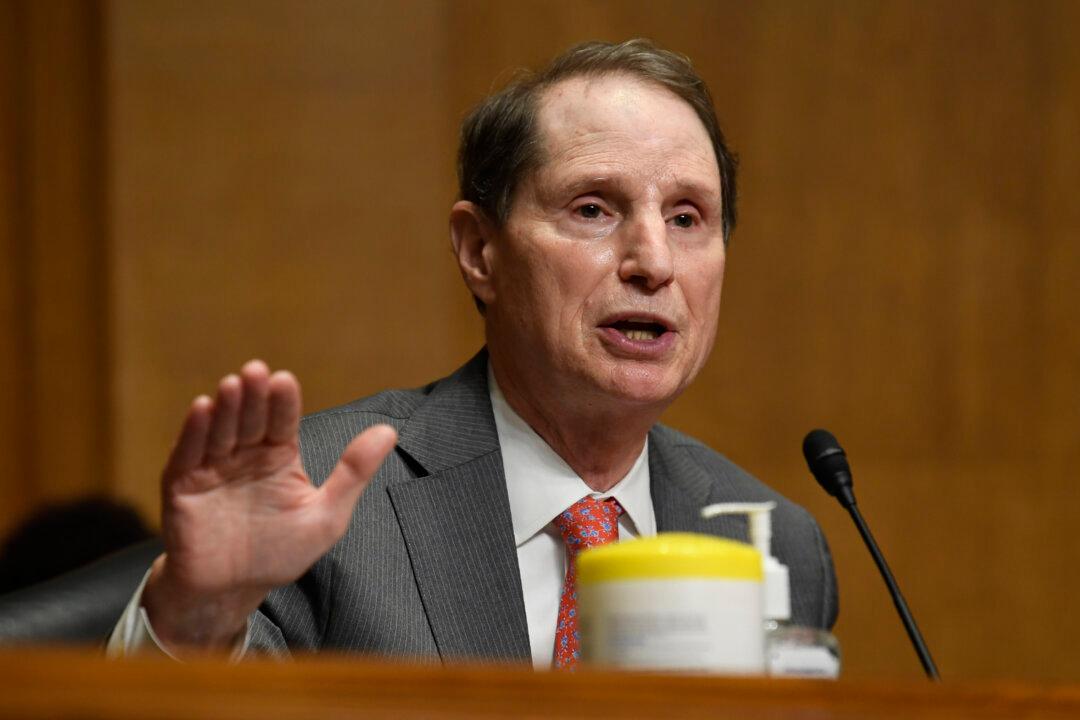Sen. Ron Wyden (D-Ore.) on Monday unveiled a bill that aims to protect journalists’ data from government subpoenas, in the wake of the news that the Justice Department during the Trump administration worked to obtain records of lawmakers and journalists.
“The Trump Administration spied on reporters it suspected of no crimes in its hunt to identify their sources and prevent the American people from learning the truth about Trump’s lawlessness and corruption,” Wyden said in a statement in introducing the bill, called the Protect Reporters from Excessive State Suppression (PRESS) Act (pdf).





